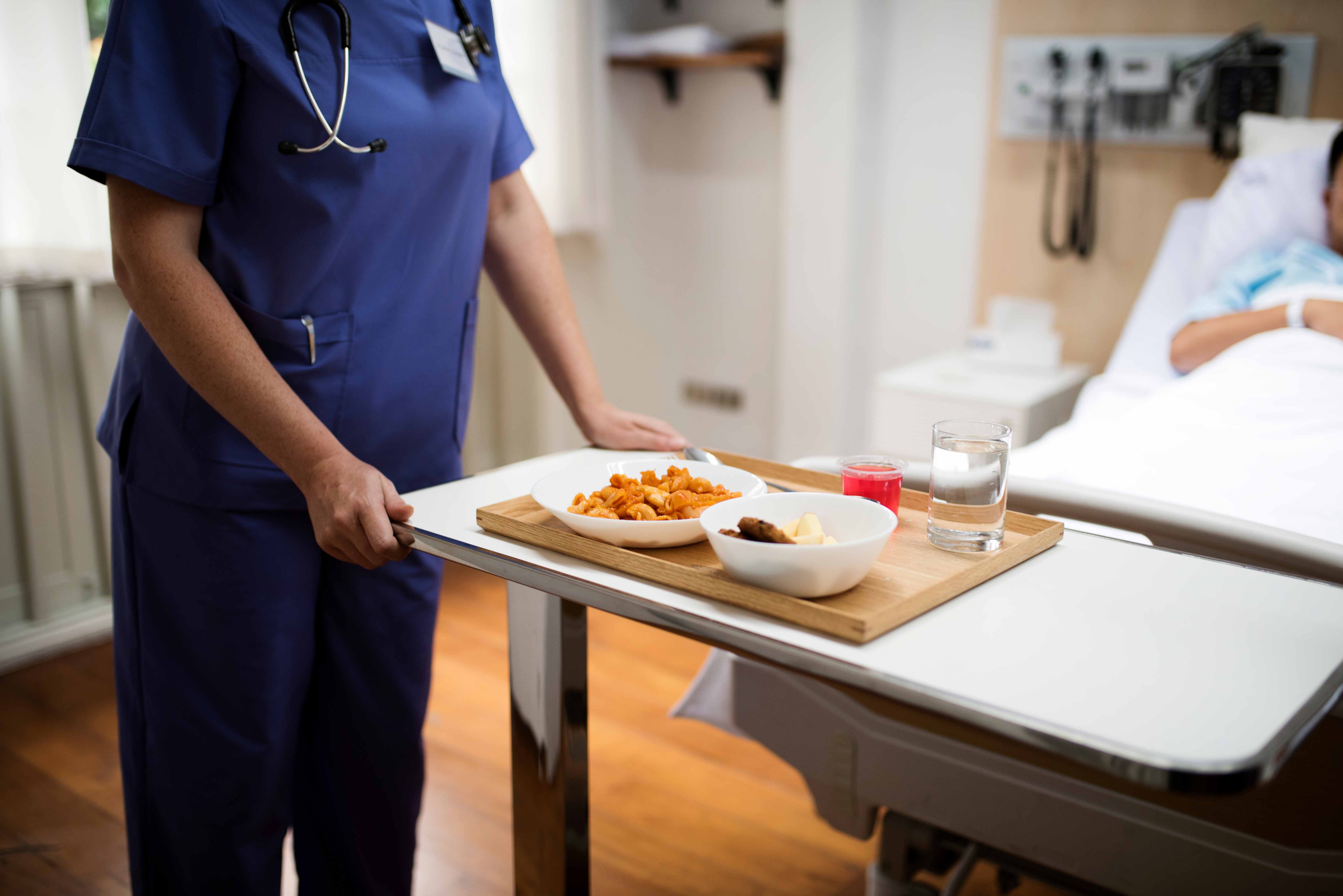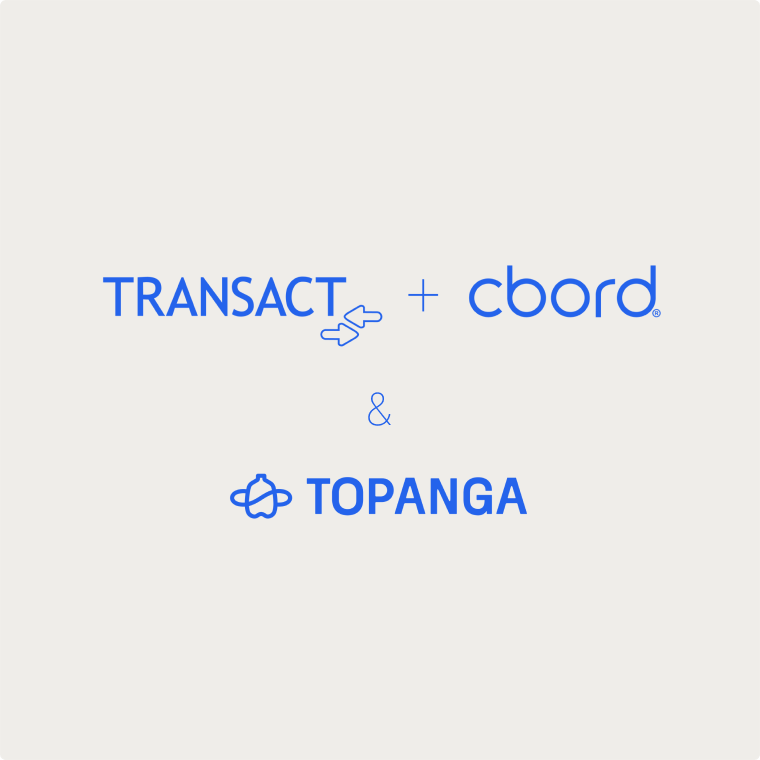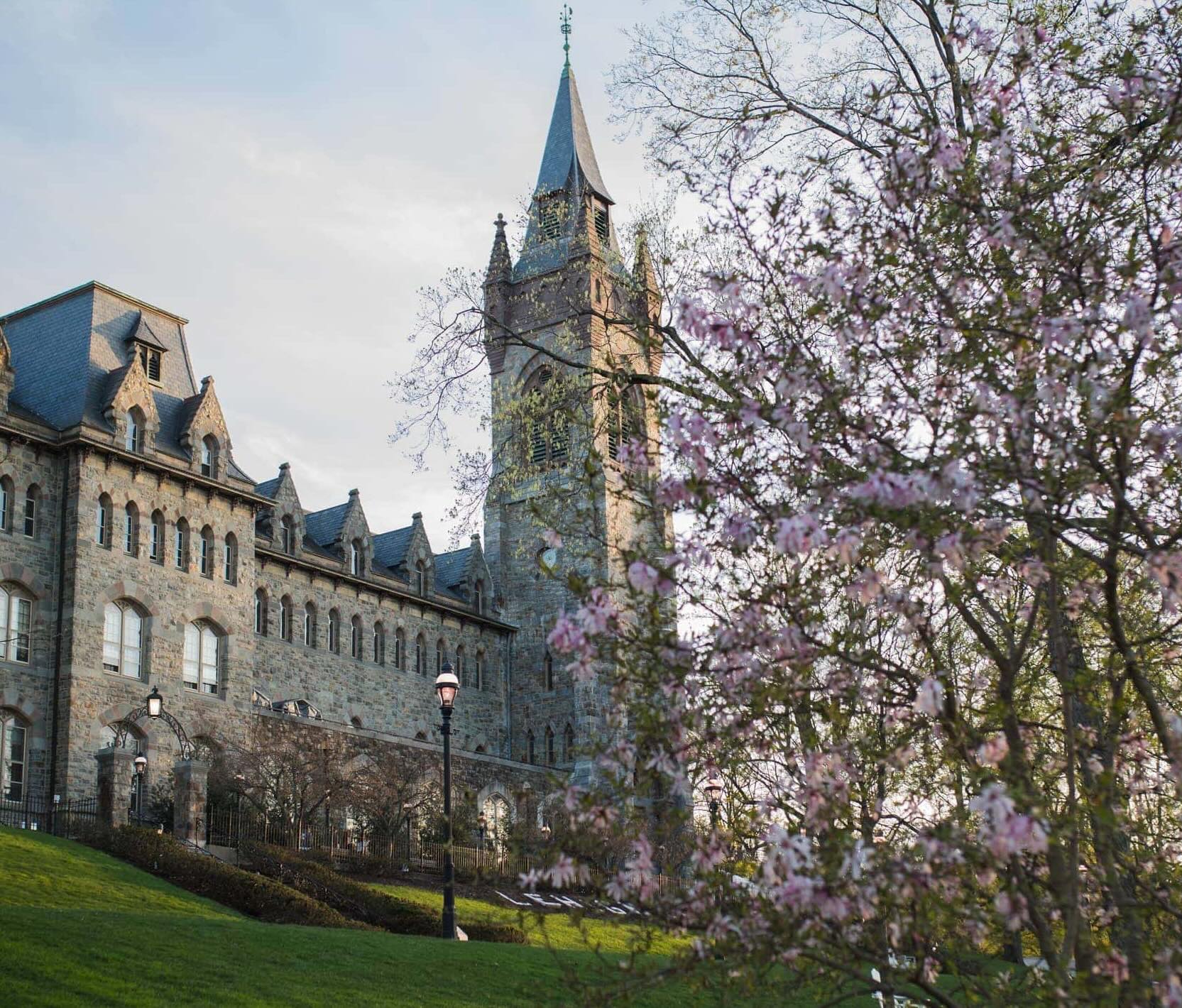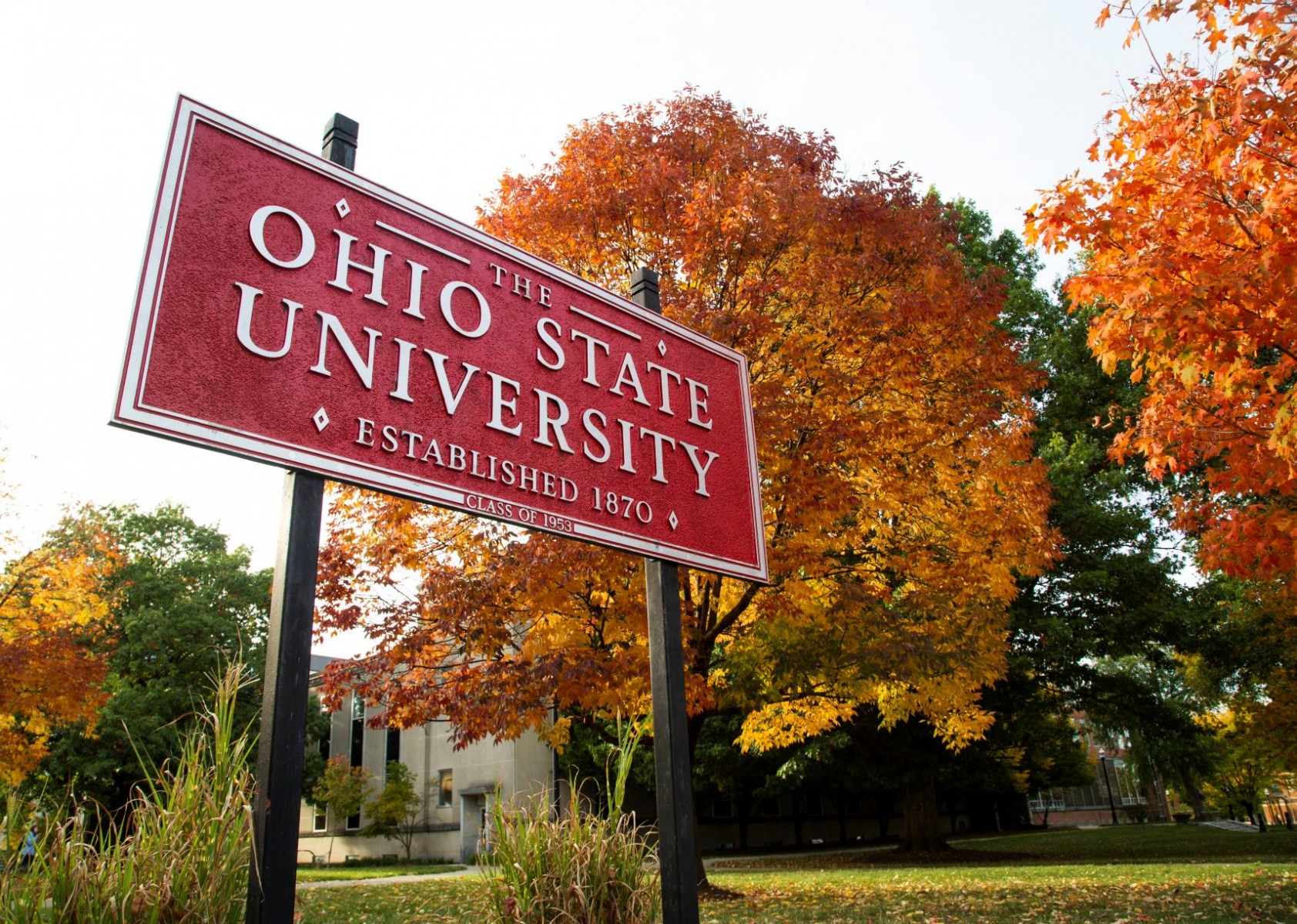Key Results
- 98% average return rate
- 93% of Brandeis students participate in ReusePass program, with users using the program 2.4 times per week on average
- 24 average uses per asset, or < $0.13 per use, which is 74% less than the cost of compostable single-use containers
- Takes consumers less than 2 days to return on average thanks to SMS accountability and ReusePass return windows
"[We] spent several months researching the best reusables tracking program that could fit the needs of our campus. After visiting multiple university campuses, it was clear that Topanga offered the tools and support needed for our launch aspirations…The technological capabilities Topanga offers for tracking engagement and loops have been very helpful in identifying opportunities to improve our operations. Our clients and the campus are impressed each month when they see the environmental progress we’re making together."
– Allison Deyo, Sustainability Manager of the Harvest Table Culinary Group at Brandeis University
Introduction
Brandeis University is a private university with a 6k student body in Waltham, Massachusetts. Brandeis University's dining program, managed by the Harvest Table Culinary team, is a leader in sustainable practices. As part of their campus waste reduction initiatives, their dining operations follow sustainable practices through local food sourcing and utilizing compostable + reusable containers.
Problem
Brandeis had been using an analog-token reusables system that wasn’t giving them the results they wanted. Students would join by purchasing a container in residential dining locations for $4 and would receive a clean container or token when they returned their dirty container. Because of the lack of student accountability in this system, Brandeis was losing a ton of unreturned containers and/or containers were being returned in the wrong locations––yet there was no way for Brandeis to track or measure this. Additionally, because of the analog nature of the program, there was no scalable way to integrate reuse into retail locations.
Solution
When looking for a better reusables program, Brandeis needed to find a solution that excelled in student accountability + trackable data, and that could be seamlessly implemented in retail locations.
Brandeis loved the versatility of ReusePass and how it could work for both residential and retail operations. After learning about ReusePass’s Grubhub integration, Brandeis was especially interested because this would be critical in making a reusables program work in a high-volume retail environment like theirs. The fact that a reusables program could build off the existing residential program and launch in the food court and campus pub (which offer in-person ordering and mobile ordering through Grubhub) made ReusePass the clear winner. This versatility was the only way they felt comfortable bringing reusables across their proprietary locations.
Additionally, Brandeis was drawn to Topanga’s extensive marketing support for launching the program, raising program awareness and education, and maintaining loyalty and engagement through the ability to share regular environmental impact stats and program updates.
When Topanga provided an ROI analysis + multiple success stories, and the Brandeis team visited the ReusePass program in operation at Boston University (a Topanga partner), it was a clear yes and an easy buy-in for Brandeis to get ReusePass on their campus.
Program Design and Setup
Topanga executed a site visit for operational training + set up and worked closely with the Brandeis dining team to operationalize the program so they could ensure it fit easily within existing day-to-day operations.
Thanks to Topanga's packaging agnostic platform, the Harvest Table Culinary Group team at Brandeis could use their existing container inventory and apply the Topanga tracking tags themselves.
Brandeis placed scan-out ScanApp devices at existing check-out stations at residential locations and alongside existing Grubhub technology at retail locations for operational ease, which led to a seamless launch. They started using the Topanga ScanApp device in the back-of-house to scan containers in the dishwasher when checking containers. They placed additional devices at cashier stations to monitor student scan-in.
To raise program awareness before launch, Topanga partnered with Brandeis to share turn-key marketing launch signage and environmental impact signage to engage with students and inspire them to choose to reuse.
Program Launch
Brandeis’s ReusePass program launched in Fall of ‘23 at 2 dining halls, 4 retail locations, and a faculty dining hall.
Their program leverages Topanga’s Grubhub mobile ordering and in-person ordering to create a seamless experience for diners regardless of the dining environment.
In residential locations, reusables are mandatory for all to-go orders. In retail locations, reusables are optional, but a single-use surcharge is in place to drive further program participation. There is a $5.00 late container fee that applies to unreturned or late containers, regardless of where they are returned.
Based on campus dining layouts, Topanga worked with Brandeis to hone in on the best return operations, settling on a combination of dish belts, return bins and student scan-in. While there is designated washing space at all residential locations, retail locations share warewashing space with residential.
Results
Since launch, Brandeis has experienced a 98% return rate and 24 average uses per asset, or less than $0.13 per use, which is 74% less than cost of compostable single-use containers. Ninety-three percent of Brandeis students participate in the program, with users using the program 2.4 times per week on average. It takes consumers less than 2 days to return on average thanks to SMS accountability and ReusePass return windows.
"[We] spent several months researching the best reusables tracking program that could fit the needs of our campus. After visiting multiple university campuses, it was clear that Topanga offered the tools and support needed for our launch aspirations. The program tracking capabilities and our targets earned us the Massachusetts Department of Environmental Protection’s Reduce, Reuse, Repair Microgrant, which helped to offset some of the initial launch costs. Our launch was ambitious in order to get all stakeholders onboard. We encountered unforeseen obstacles at the beginning with the departure of Brandeis’ Associate Director of Sustainability early in September, the weeks’ long breakdown of the dishwasher serving our busiest location, and my own unexpected leave of absence during the first weeks of the semester. However, the Topanga team was incredible at helping us to get our program back on track, even coming out to campus for a second time to help us reintroduce the program once the dishwasher was fixed.The technological capabilities Topanga offers for tracking engagement and loops have been very helpful in identifying opportunities to improve our operations. Our clients and the campus are impressed each month when they see the environmental progress we’re making together. It has not been seamless, but I know that our campus would not have had the success it has had without the Topanga team."
– Allison Deyo, Sustainability Manager at Brandeis University
Student Engagement
The dining team worked with orientation leaders, community advisors, and campus departments to promote the program.
Brandeis continues to work with Topanga to promote reusables over single-use through unique student activations, such as the Topanga Earth Week Cross-Campus Challenge.
Program Expansion
Thanks to the success of year one for supporting reusables across both residential and retail, Brandeis has found that ReusePass can work successfully across dining models and are now considering growing into more retail environments, which are 100% takeout and would provide the biggest opportunity to minimize waste on campus.
While the ScanApp for scanning in containers has been effective and efficient to-date, Brandeis sees an opportunity to grow into RFID read zones to support laborless tracking with their increase in locations and reuse volumes.
Additionally, there are plans to take student engagement to the next level in the Fall '24 semester, launching a Topanga Ambassador Program on campus to build a deeper relationship with sustainability-focused student groups and to drive further education and awareness for waste reduction.
Interested in how Topanga could improve your dining program? Let’s chat.
We’ll walk you through how Topanga can support your goals and tailor a solution to fit your operation.


.avif)
.avif)
.avif)




















.png)
.png)
.avif)